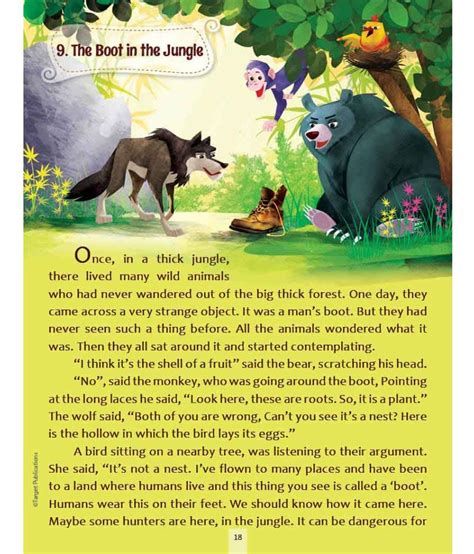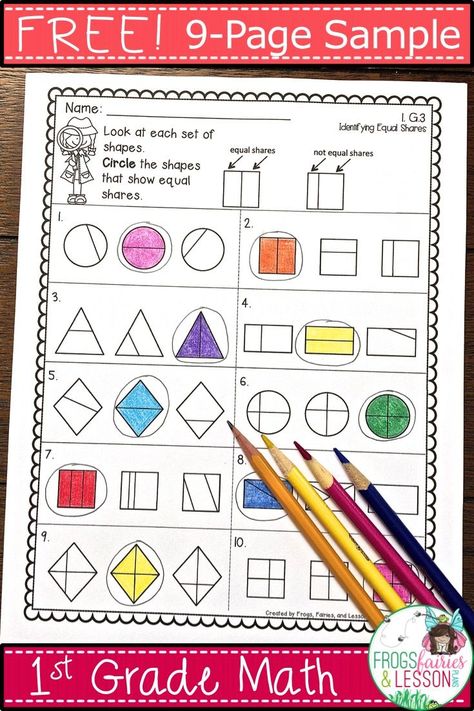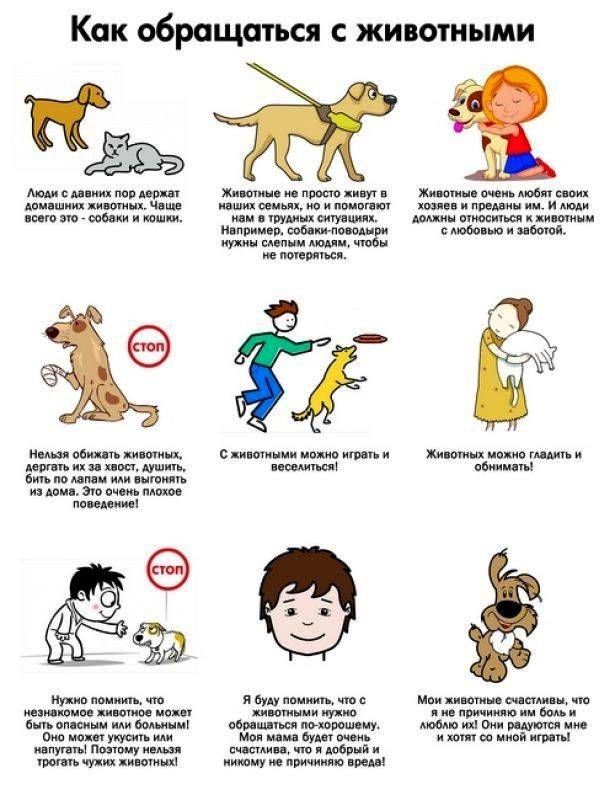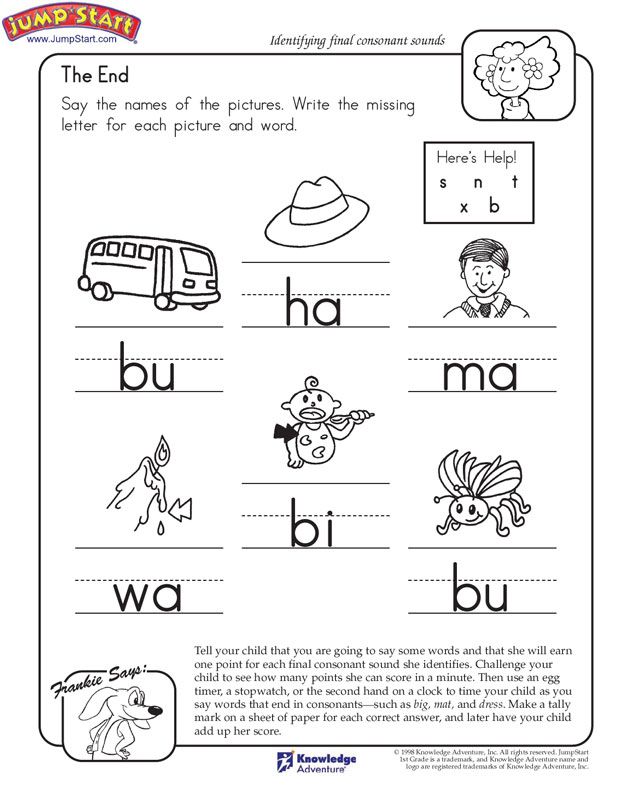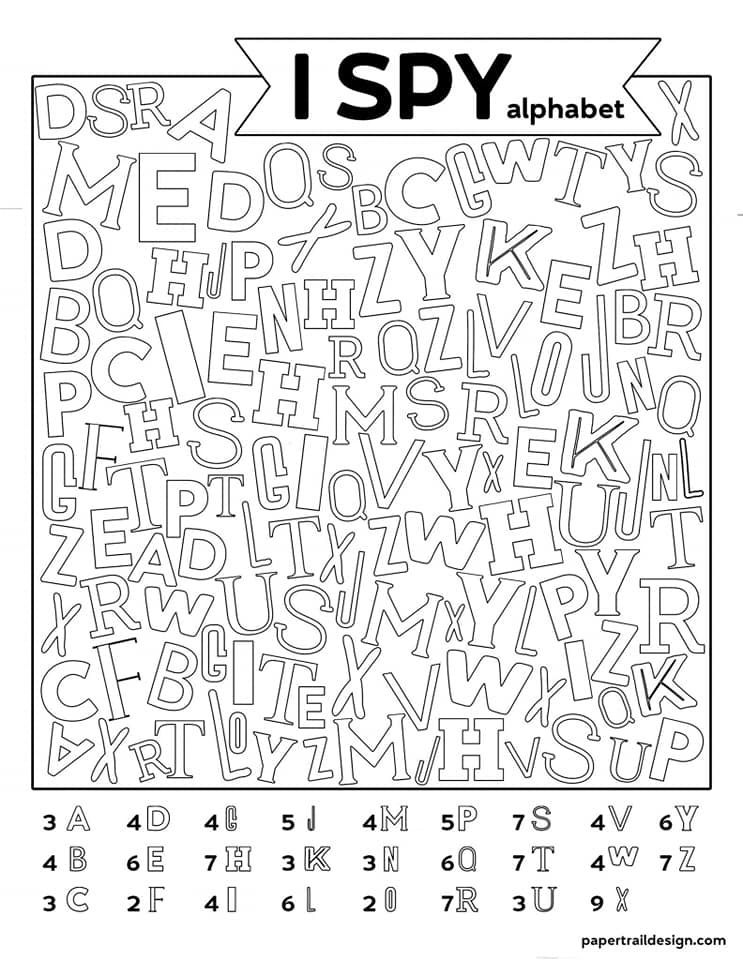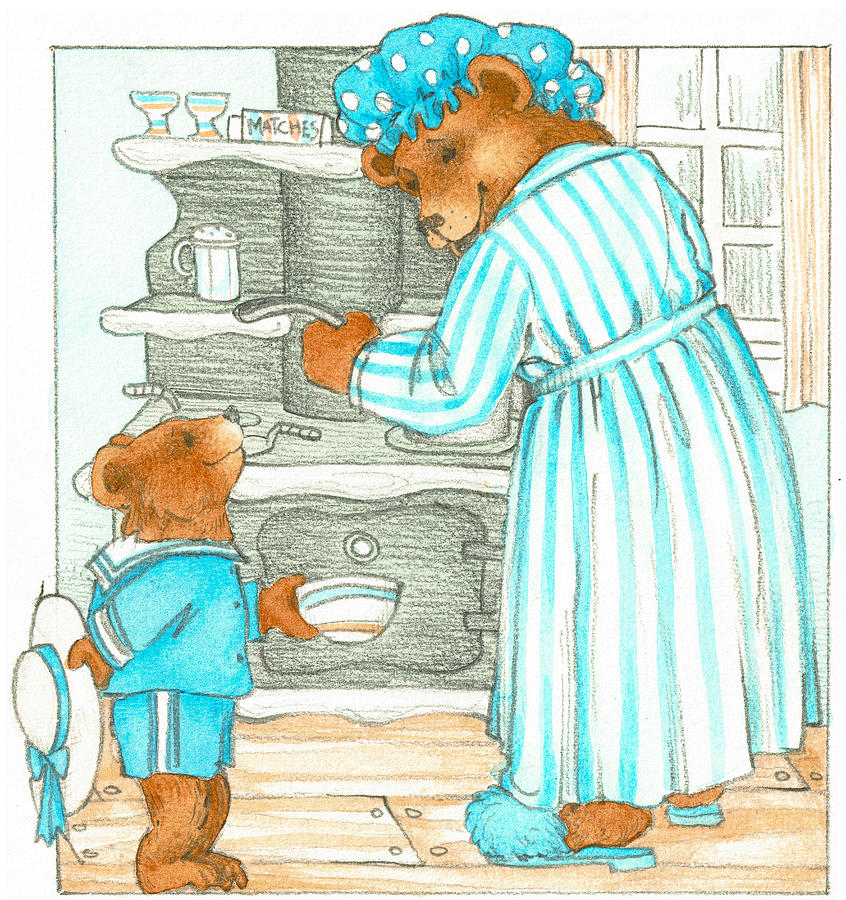Preposition 3rd grade
Prepositions | 3rd Grade Grammar
When we want to describe where a noun is in the real world, we use prepositions.
Take a look.
The dog is by the puppy.
By is a preposition. Here are some other prepositions:
on, in, around,
above, below, at
Prepositions that are just one word are called simple prepositions.
Some prepositions have more than one word. Take a look:
in between, in front of, because of, in spite of
Prepositions like 'in between' that are made of two or more words are called compound prepositions.
Let's learn about a few types of prepositions you probably use all the time already.
Types of Prepositions
1. Prepositions of PlacePrepositions of place describe where a noun is, like 'under'.
under, on, in, inside, over,
next to, by, at, in front of, from
For example:
The cat is on the pillow.2. Prepositions of Time
The pillow is next to the desk.
The desk is in front of the window.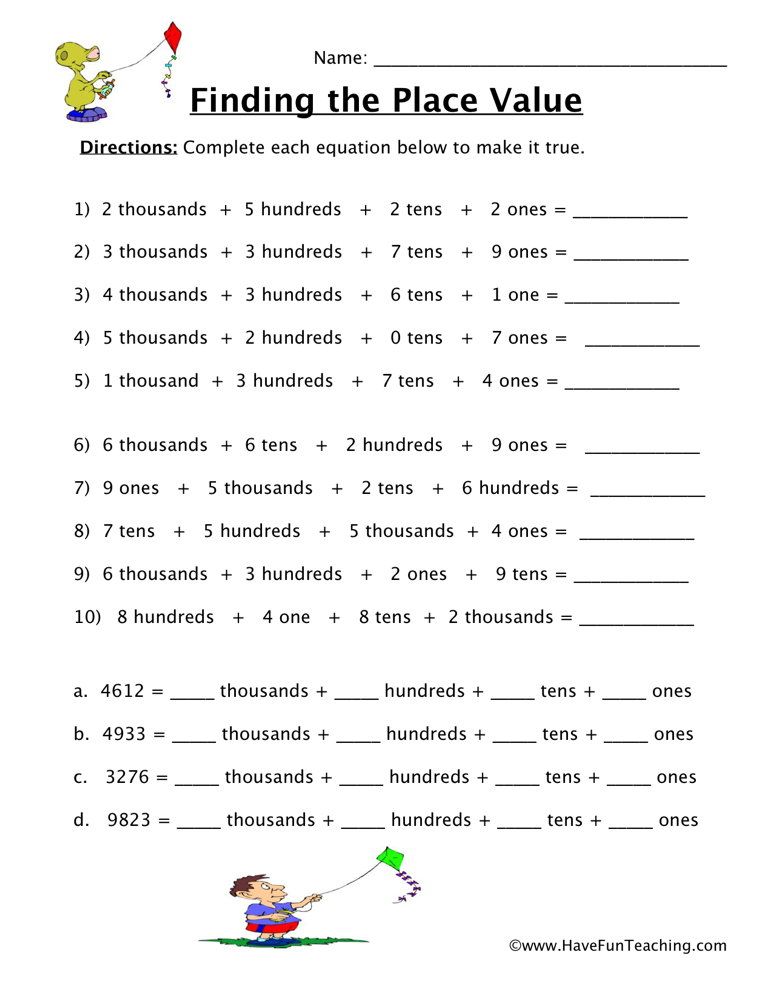
The window is by the tree.
Prepositions of time show when something is happening.
Here are a few:
at, on, in, for, ago, to, by
Here's how to use them:
The game is at two o’clock.3. Prepositions of Movement
It starts in one hour.
It will end by three o'clock.
We play again on Friday.
Prepositions of movement show where something is moving, or its direction.
to, into, towards, through, from, across
Here's how to use them:
The frog swam across the pond.
It jumped into the air.
It lunged towards the fly.
The fly flew into its mouth.
4. Prepositions of Agent
Prepositions of agent show a relationship between the noun and a person.
by, with, of
The book is by J.K. Rowling.
I read it with my friends.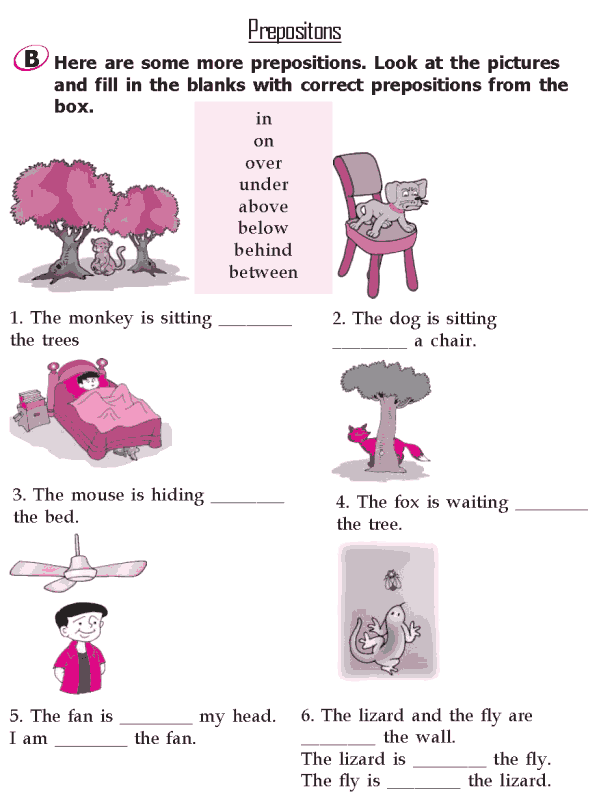
Most of them finished Harry Potter.
5. Preposition of Device or Machine
To describe how a noun is related to an object, use these prepositions:
by, on, in, with, like, about
For example:
We traveled by car.
We fixed it with a hammer.
She flew in an airplane.
It drove like a dream.
This lesson is about prepositions.
Other Prepositions
To describe a measure of something, use these prepositions:
by, of
For example:
He is taller than me by two inches.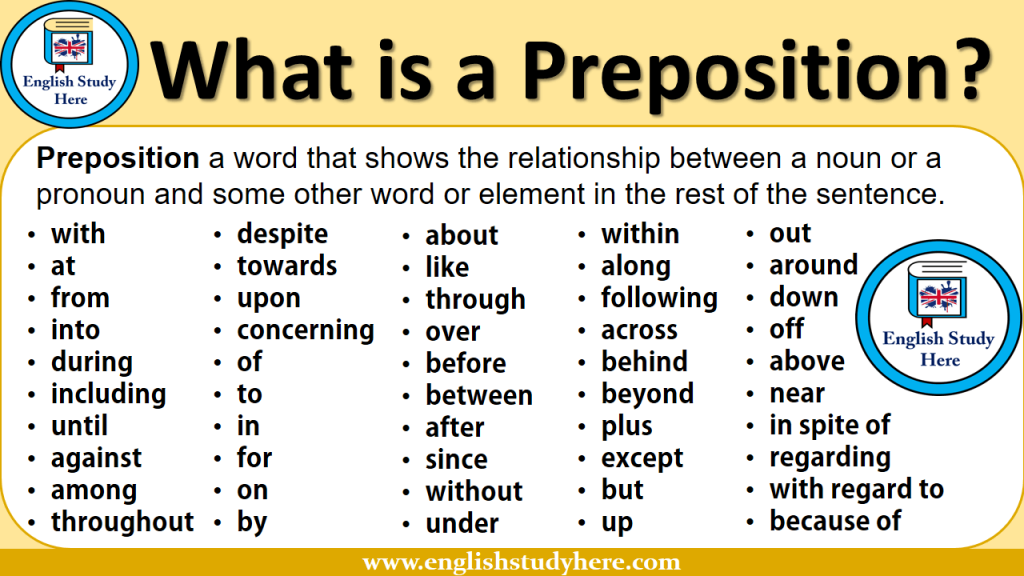
He is the tallest of the three brothers.
To tell where something is from, use one of these prepositions:
from, by
For example:
My rash was from the soap.
To describe owning, or possession, use one of these prepositions:
to, of, with
For example:
The teacher spoke to the girl with blonde hair.Let’s Practice
What's the preposition in this sentence?
The hammock is hanging between the trees.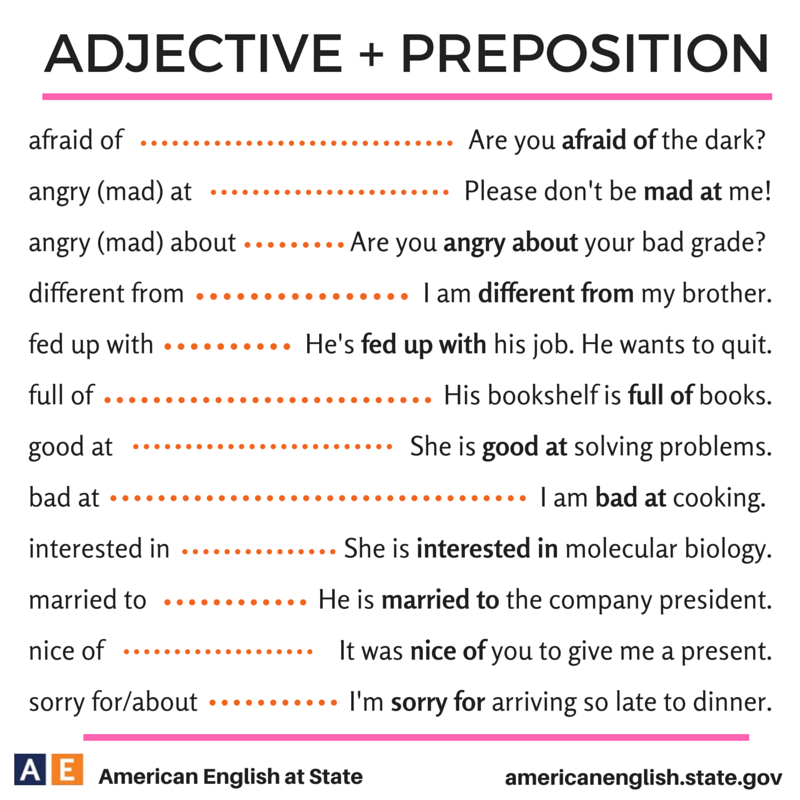
Yes! Between is the preposition, showing where the hammock is hanging.
Remember: prepositions describe where or when something is.
Let’s try another one.
What is a preposition in this sentence?
The phone rang during breakfast.
Great! During is the preposition that is telling the time that the phone rang.
Great job.
Now, you know how to use different types of prepositions in a sentence. 👏
Next, complete the practice to help you remember what you learned.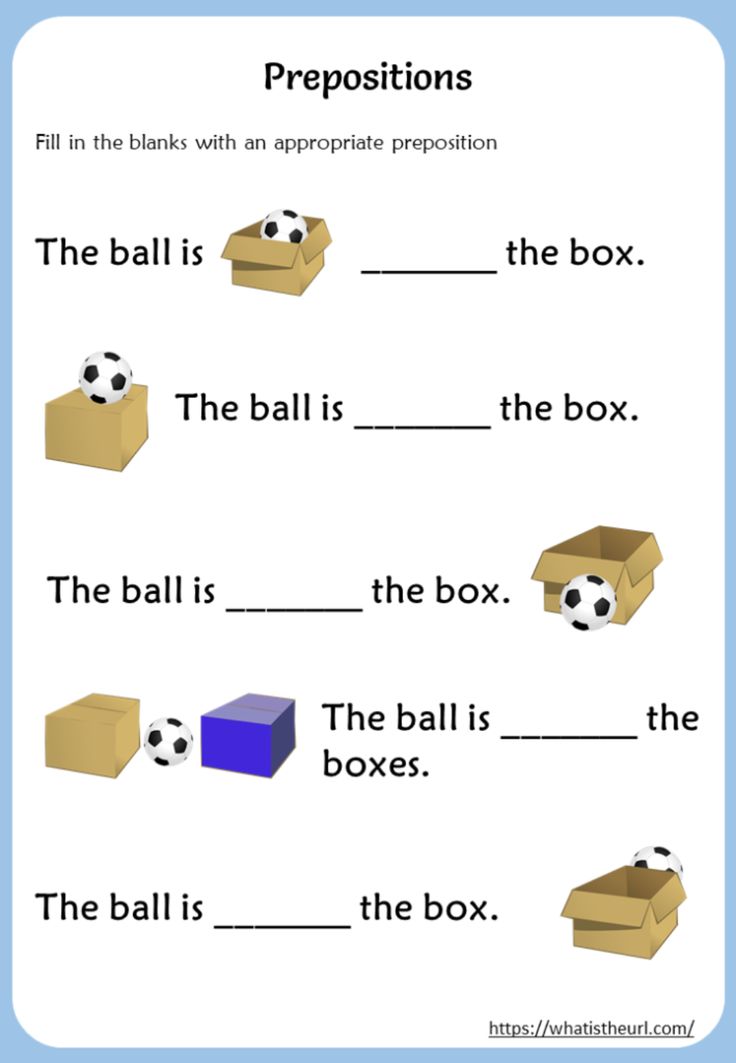
Browse 3rd Grade Preposition Educational Resources
Entire LibraryPrintable WorksheetsGamesGuided LessonsLesson PlansHands-on ActivitiesInteractive StoriesOnline ExercisesPrintable WorkbooksScience ProjectsSong Videos
16 filtered results
16 filtered results
3rd grade
Prepositions
Sort byPopularityMost RecentTitleRelevance
-
Filter Results
- clear all filters
By Grade
- Preschool
- Kindergarten
- 1st grade
- 2nd grade
3rd grade
- 4th grade
- 5th grade
- 6th grade
- 7th grade
- 8th grade
By Subject
- Coding
- Fine arts
- Foreign language
- Math
Reading & Writing
- Science
- Social emotional
- Social studies
- Typing
By Topic
- Offline games
By Standard
- Common Core
Grammar 2
Guided Lesson
Grammar 2
Learning parts of speech will help third graders to develop a deeper understanding of written language.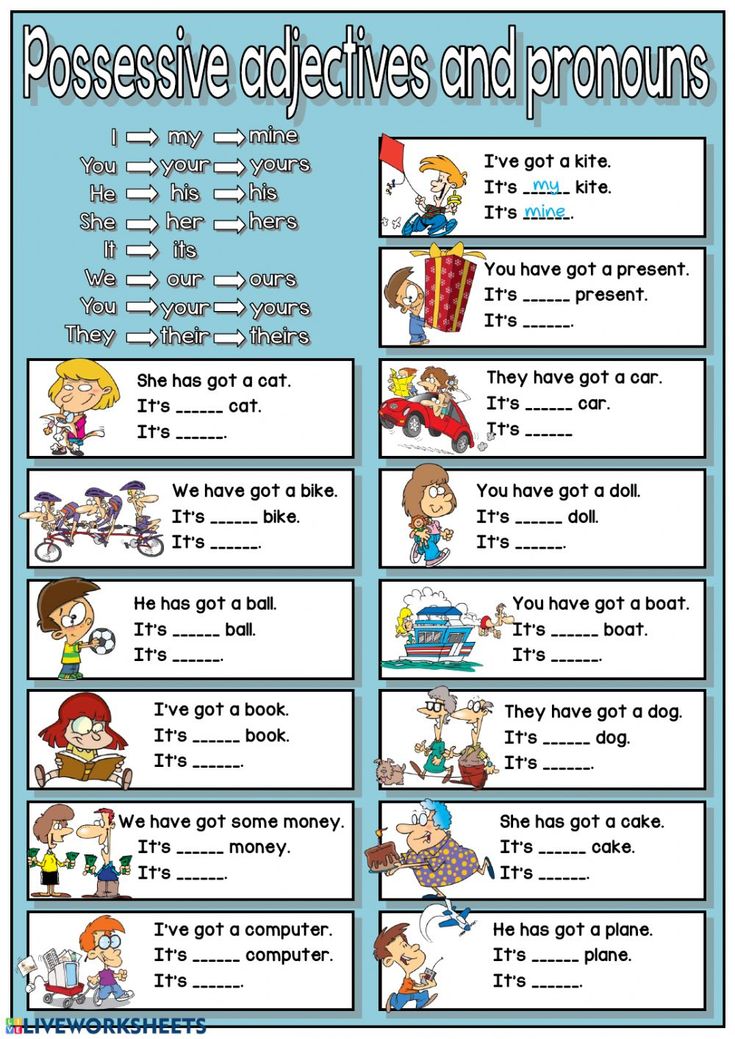 This guided lesson teaches about adjectives, prepositions, conjunctions, and interjections, which is the glue holding most sentences together. Designed by our team of teachers and curriculum experts, the content in this lesson provides instruction and examples that will support kids as they learn these important words.
This guided lesson teaches about adjectives, prepositions, conjunctions, and interjections, which is the glue holding most sentences together. Designed by our team of teachers and curriculum experts, the content in this lesson provides instruction and examples that will support kids as they learn these important words.
3rd grade
Reading & Writing
Guided Lesson
Search 3rd Grade Preposition Educational Resources
Third graders will be on it and all about it with these preposition resources. From a worksheet featuring a list of prepositions to an entire workbook on grammar, you will be ready to teach prepositions after perusing these resources, and your students will learn quickly. When your student is ready for another grammar challenge, visit our third grade simple, compound and complex sentences resources.
Practical Preposition Resources for Third Graders Students
Students explore various parts of speech throughout their English language arts studies.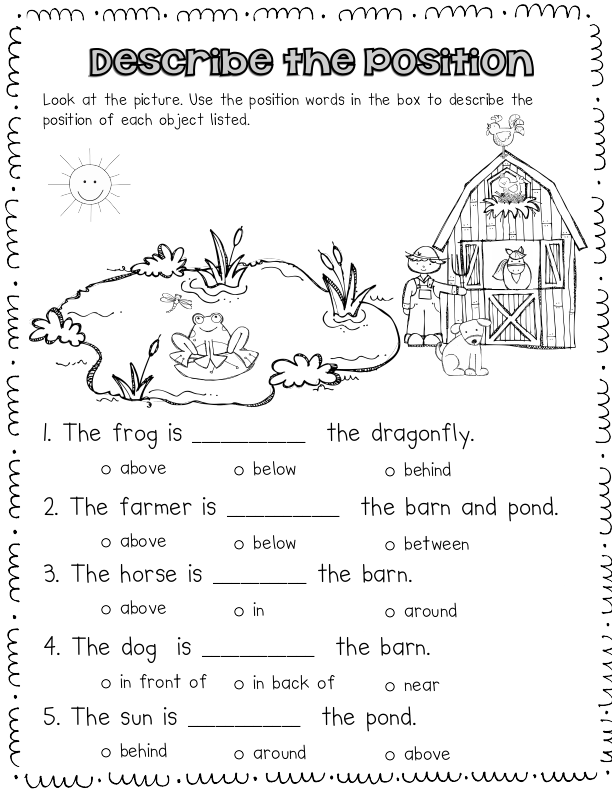 This includes learning prepositions. Prepositions are words that typically come before a noun and express a relationship to another subject. For instance, in the sentence, "Sally kickflipped over the rail," over is the preposition. There are different types of prepositions that relay direction, time, space and location. And contrary to popular belief, it is ok to end a sentence with a preposition when necessary. There are many resources created by expert educators to teach third graders about this part of speech.
This includes learning prepositions. Prepositions are words that typically come before a noun and express a relationship to another subject. For instance, in the sentence, "Sally kickflipped over the rail," over is the preposition. There are different types of prepositions that relay direction, time, space and location. And contrary to popular belief, it is ok to end a sentence with a preposition when necessary. There are many resources created by expert educators to teach third graders about this part of speech.
Tools include visuals, lists, online assignments and more. The List of Prepositions worksheet can be used as a study guide. The Prepositions 1 exercise familiarizes students with commonly used prepositions before they start pinpointing them in sentences. There are also a few workbooks, Grammar: Parts of Speech Practice and Parts of Speech that offer miscellaneous assignments on other parts of grammar like verbs, conjunctions, and interjections, but also provide practice solely on prepositions. Kids will be up, down, and all around preposition practice with the handy resources from Education.com.
Kids will be up, down, and all around preposition practice with the handy resources from Education.com.
cards grades 2-3 - NAUMENOK
Prefixes and prepositions in Russian are often similar to each other, which causes errors in writing. In order to prevent them, students from grade 2 should already know how prefixes differ from prepositions and by what rule they are written. If the topic is well learned, there will be no mistakes in the letter, and the student will easily cope with the tasks.
So, when writing, it is necessary to distinguish between a preposition and a prefix.
Prepositions
A preposition is a part of speech. A preposition is used to connect words in a sentence. It is written separately from the word to which it refers.
without (without), near, in (in), outside, for, before, behind, from (iso), to (ko), between, on, over (necessary), about (about, both), from (otto), before (before), along, under (under), with, for the sake of, c (co), through, among, y, through
No string to connect the words?
An excuse will always help us!
Not next to the verb,
We are told to write with a space!
Remember!
- Between the preposition and the word, you can put a question or another word : near (what?) tree, near (high) tree.
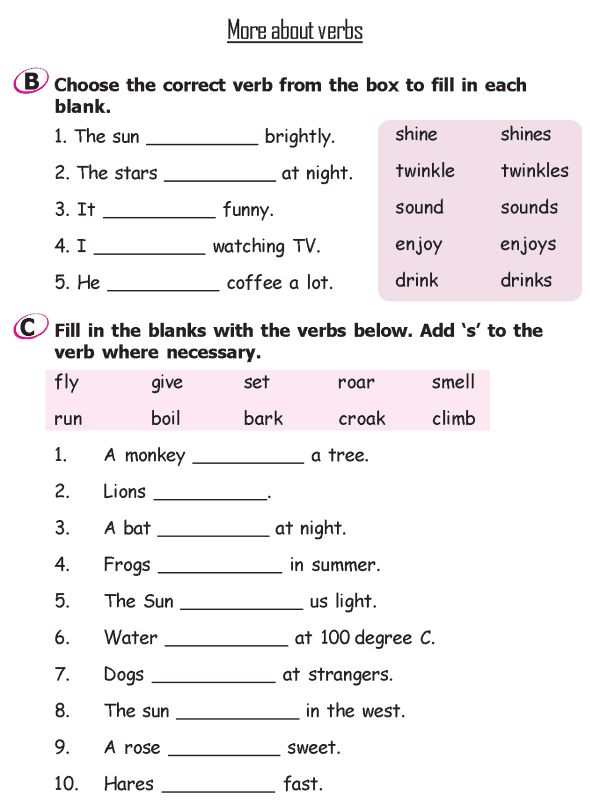
- Verbs have no prepositions : run away, run away, run away.
- Prepositions serve to connect words.
- Prepositions are written separately from words.
Prefixes
A prefix is the part of a word that comes before the root. The prefix is used to form new words.
There is a prefix before the root.
It is written together.
And with the help of the prefix
words are formed.
without-(without-), in-(in-), you-, before-, behind-, from-(iso-), on-, under-, over-(must-), not-, o -, ob- (obo-), from- (oto-), right, over-, under- (under-), re-, pre-, pre- (pre-), at-, pro-, s-( co-), through
- A prefix is a part of a word.
- Prefixes are used to form new words.
- Prefixes are written together with words.

- A question cannot be inserted between a prefix and a word.
- Used with words that answer various questions.
Difference between prefix and preposition
Many traditional Russian prefixes sound and are written the same as prepositions:
For example: to stretch to wood; to run to water; to write on envelope; from toss from benches.
Therefore, you need to know the rules to distinguish a prefix from a preposition and not make mistakes when writing words!
To understand whether it is a prefix or a preposition, it is necessary to perform the following verification methods: is it possible to insert a question or another word between the word and the proposed preposition?
For example: run (to what?) to the entrance or to my entrance; look at (for whom?) for a cat or for a fluffy cat; sail (from what?) from the shore or from the high shore .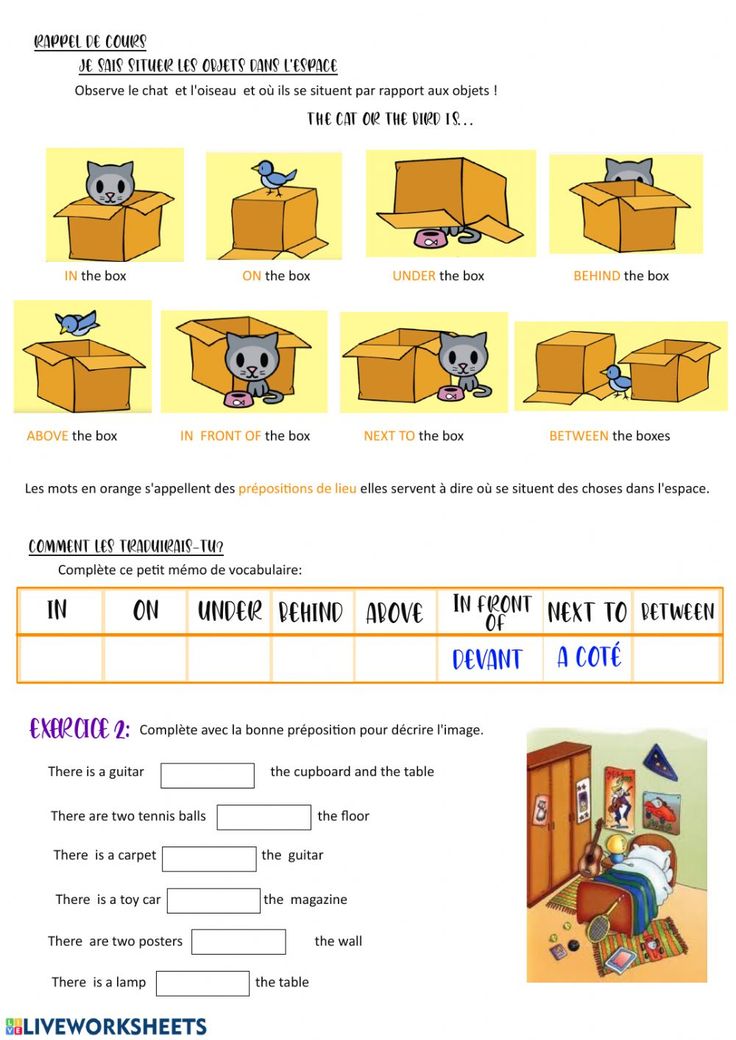
It is impossible to insert a word between the prefix and the root. The prefix is written together with the word.
Prefixes and prepositions: practice cards
Select attachments.
(B) flew (in) the window; (c) we go (to) the hall; (over) ran (over) the corner; (into) went (to) the yard; (pro) whispered (pro) himself; (on) sailed (on) the river; the steamer (from) moored (from) the pier; the boat (from) was pushed (from) the shore.
2. Mark with a plus sign the sentence where PO is the prefix
1) The car is driving (on) a road.
2) The dog (ran) ran after the ball.
3) Birds were moving in single file across the sky.
CARD 2
- Write open brackets. Select attachments.
(C) made (from) paper; (to) lead the started business (to) the end; (on) sailed (on) the waves; (to) sailed (to) a familiar village; (on) ran (along) the ravine; (to) went (to) the stadium; (to) walked (to) the pier; (from) dragged (from) puddles.
2. Mark with a “+” sign the phrases in which the prefix is written in brackets.
1) hid (from) the rain
2) jumped high (under)
3) grows (on) the mountain
4) (on) walked the road
5) stands (near) the porch
6) make (from) paper
7) hide (under) a tree
Select attachments.
(C) climbed (c) trees; (for) it went (for) a cloud; (along) drove (along) the road; (before) stomped (before) the city; (under) jumped (up to) the ceiling; (into) went (to) the yard; (c) crawled (in) a gap; (when) heated (in) the kitchen; (to) wandered (to) a hut; (above) built (above) the attic.
2. Mark with a “+” the phrases in which the preposition is written in brackets.
1) (to) went to the village
2) walked (in) the city
3) (c) carried to the apartment
4) slowly (over) rolled
5) will fly off (from) the tree
6) (s) threw from the roof
7) returned (to) class
8) entered (to) office
CARD 4
1.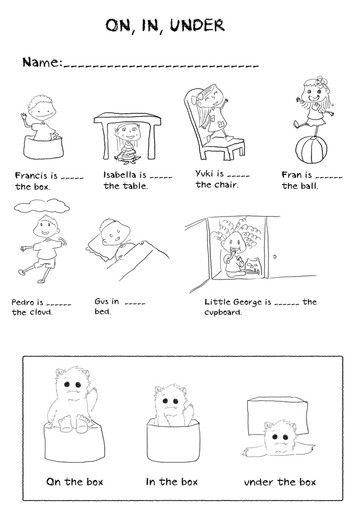 Write down the proverbs, opening the brackets. Select attachments.
Write down the proverbs, opening the brackets. Select attachments.
(Without) the bottom barrel cannot be filled with water.
(On) spoke so much that you don’t (take) a hat.
A good word (to) the heart (to) goes.
(C) happiness is good (for) mushrooms to walk.
(With) a loafer (on) you are led, grief (on) you are taken.
Labor and (to) feed and (to) teach.
2. Make up two words with prefixes.
from - ______________________________
to - ______________________________
to - ______________________________
to - ______________________________
CARD 5
- Write out the words with the prefix Select attachments.
stabbed, fed, fence, fell ill, flew out, won, high, entered, recorded, dug, found, science, knot, jog, gift, fell, called, flew by, prose, ran, front, beautiful, crossed, came up, plantain, great-grandmother.
2.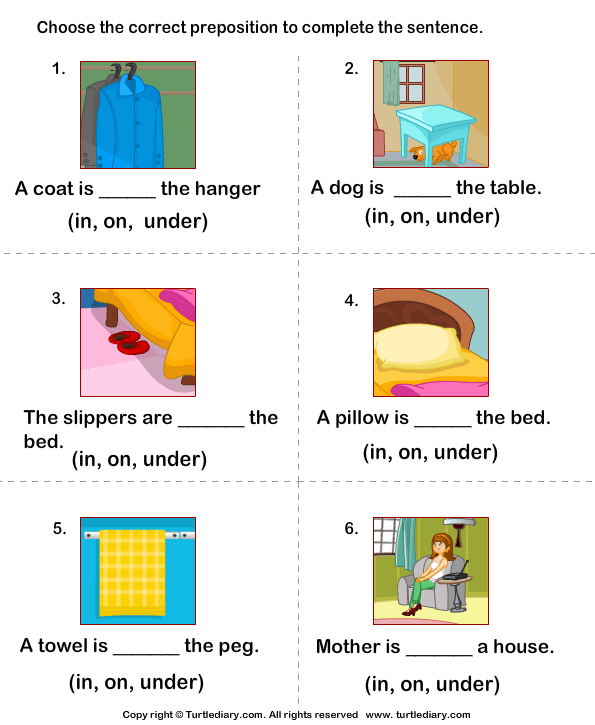 Make sentences with these phrases and write them down.
Make sentences with these phrases and write them down.
(For) went (for) a comrade. (We) walked (along) the street. (To) went (to) the river. (From) sailed (from) the shore. (To) sailed (to) the island. (On) walked (on) the edge.
CARD 6
- Write in brackets. Select attachments.
Nina (from) ran (from) the tree, (to) ran (to) the alley, (to) ran (to) the turn. Then she (ran) ran (to) the hill, (c) ran (from) it and (under) ran (to) the gazebo.
2. Complete the sentences:
- Prepositions with other words are written _____________.
- Prefixes with other words are written _________________.
- The prepositions in the sentence serve ____________________________.
- Attachments serve __________________________.
- ________________________ cannot be added to prepositions.
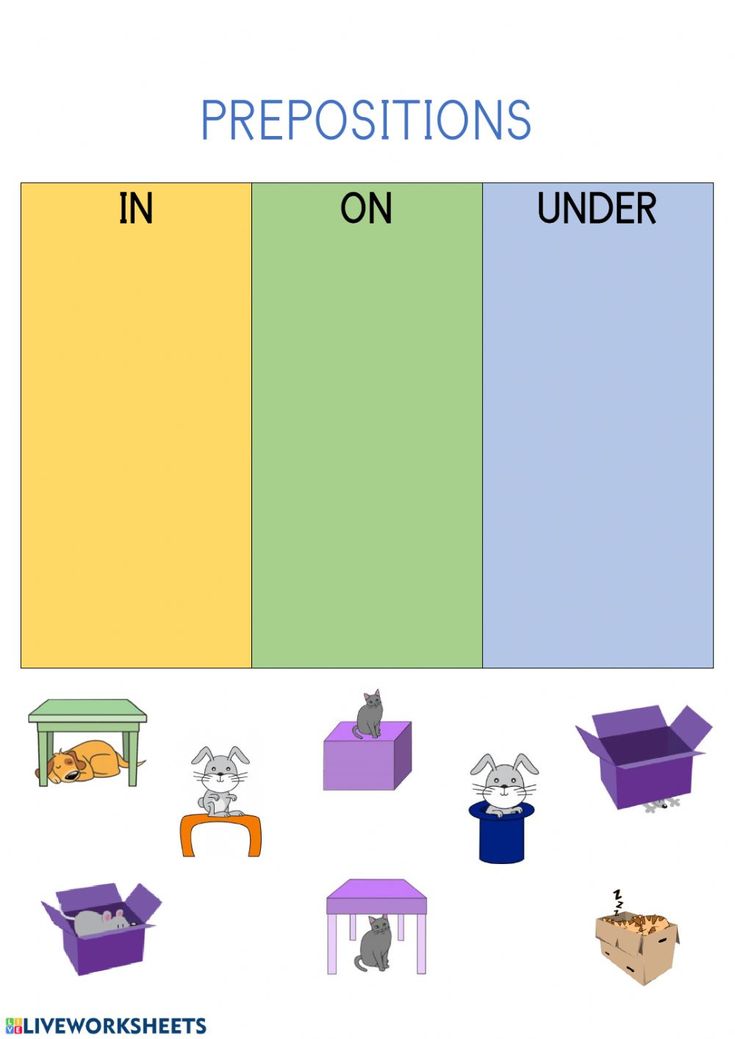
- __________ has no prepositions.
CARD 7
1. Write down the proverbs by opening the brackets. Select attachments.
1) A good word (to) the heart (to) goes. 2) You pull your hand (pro), and you will become a spoon (do). 3) (You) grow vegetables, so you cook cabbage soup (s). 4) (To) lead the matter (to) the end. 5) A person (in) labor (in) walks a lot of joy. 6) If you don’t (c) do anything in a day, you (pro) lived a day in vain.
2. Make sentences with these phrases and write them down.
High (under) jump, grows (under) a tree, (c) hid (from) the rain, (behind) rolled (under) the table, (c) threw leaves, stands (on) the shore.
CARD 9
1.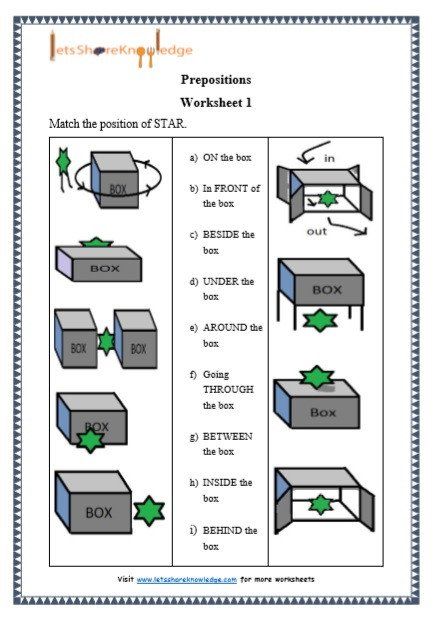 Write by opening brackets and inserting the missing letters. Select attachments.
Write by opening brackets and inserting the missing letters. Select attachments.
- (Before) do business (before) k..nca.
- Flowers (under) cut (under) the root.
- The ribbon (c) was woven (c) into a braid.
- The boat (from) swam (from) the shore.
- Gingerbread man (c) rolled (from) the window, (along) rolled (along) the road ..ke, (to) rolled (to) the forest.
- Tr..kick (s) launched (s)g..ry.
2. Change the phrases. Highlight the prefixes, underline the prepositions.
Sample: Armband - armband.
Wall calendar – … . Wage - … . River side - .... Underground crossing - … . Pre-war years - ... . Underwater rocks - … . Country trip - ... . Predawn hour - ... .
CARD 10
- Write down by filling in the missing letters. Highlight the prefixes, underline the prepositions.
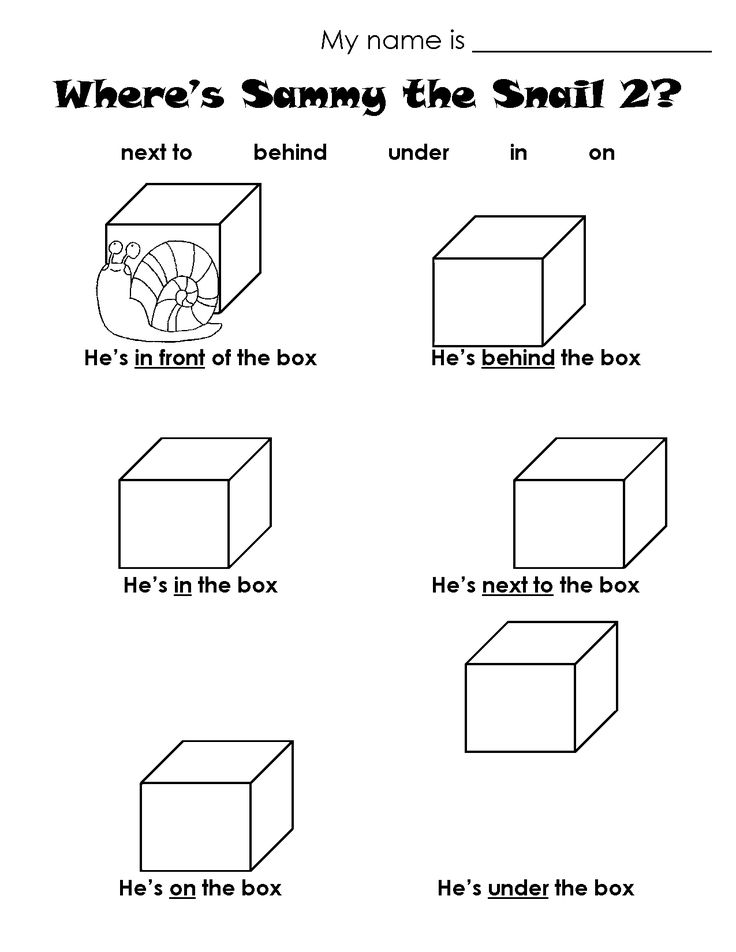
(To) become (from) the pan, (to) get wet (to) the thread, (to) slow down (on) the flight, (on) roll (from) the mountains, (under) go (to) the forest, ( o) wait (from) friends, (on) loaded (on) the car, (pro) estrus (in) the kitchen, (explained) (for) the cottage, (pro) flew (above) the city, (by) settled (under ) spruce, (about) read (about) frogs, (to) stretched (to) icicles.
2. Write by correcting your mistakes. Select attachments.
The earth was blowing cold. She tore leaves from foxes, oak forests and crushed them along the roads. The birds began to gather in flocks. High mountains gathered along the quarrel and pourers, warm countries blue mary.
CARD 11
- Write in brackets. Select attachments.
(From) dragged (from) puddles, (c) climbed (from) trees, (behind) it went (behind) a cloud, (on) drove (on) the road, (to) stomped (to) the city, ( under) jumped (under) the ceiling, (in) went (into) the yard, (in) crawled (into) the gap, (at) warmed (at) the kitchen, (on) wandered (on) the hut, (over) built (over ) attic.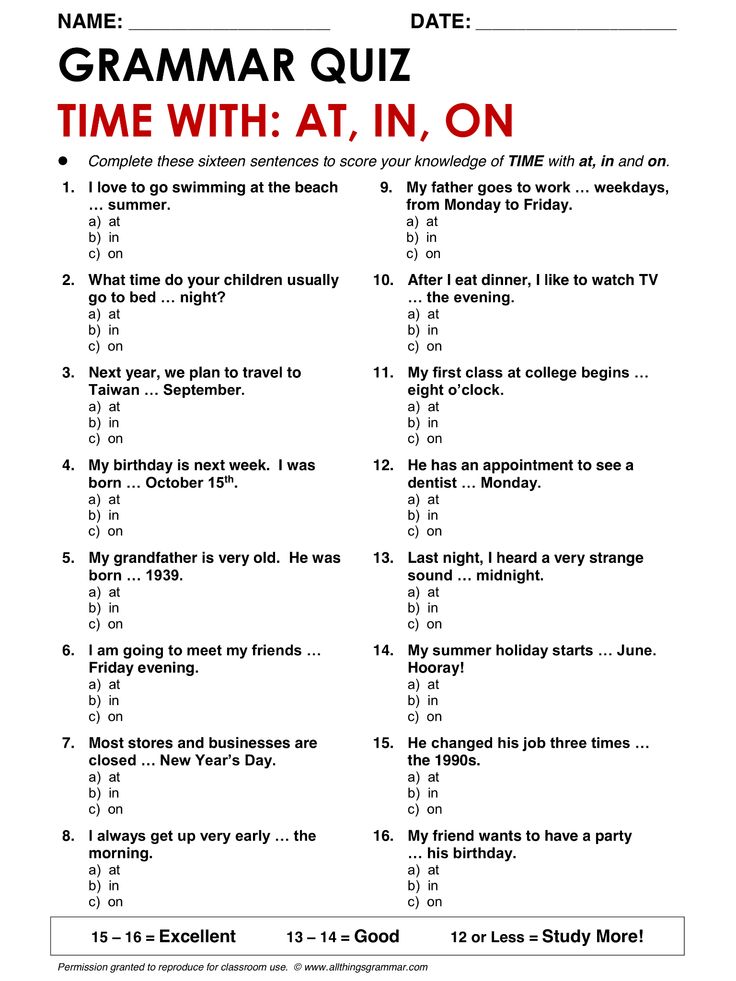
2. Divide the text into sentences. Write by opening the brackets and arranging the sentences correctly.
(In) the yard (on) they built a hill all day (on) the mountain a lot of children Mitya (on) the sled (c) rolled (from) the mountain not far (from) the mountain there is a fragrant Christmas tree (on) the branches of spruce toys (k) children ran to the fluffy beauty
CARD 12
- Write down, opening the brackets. Select attachments.
(For) knocked (out of) fear, (on) rode (on) a nail, (c) wrote (from) the board, (on) looked (on) the sides, (under) we go (to) the forest, ( along) ran (over) bumps, (under) the ear (under) the sofa, (on) looked (behind) the closet, (c) crawled (c) the flower, (cut) cut (into) pieces, (for) successful (by ) move, (on) walked (on) the highway, (to) crawled (to) the bench.
2. Write off, inserting prefixes and prepositions according to the meaning.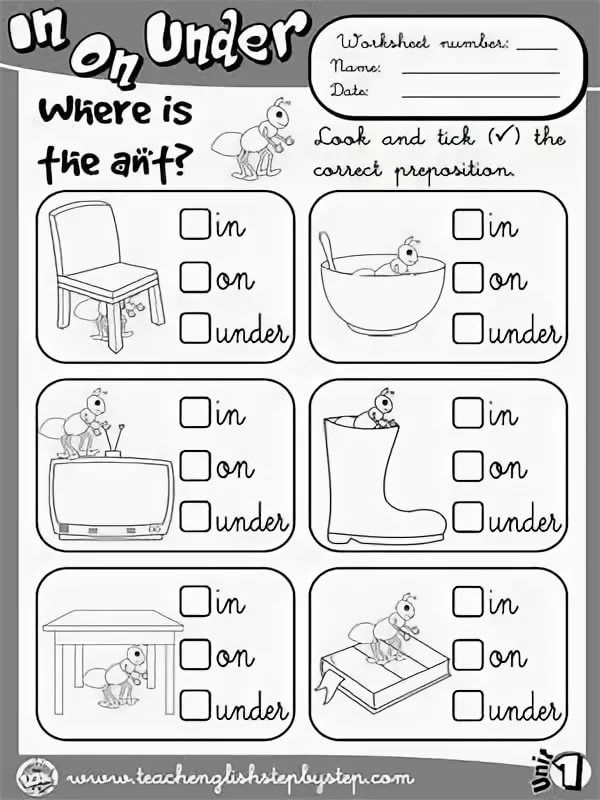
... I wandered ... a barn and ... slept deep ... with a haystack. All the guys ... ran ... on ice ... on skates.
CARD 13
- Write by opening the brackets. Select attachments.
(Before) walked (to) the bakery, (to) drove (along) the coast, (c) moved (from) the place, (to) drove (to) the market, (to) rubbed (to) holes, ( c) walk (from) the porch, (under) the ear (on) the sofa, (c) crawled (c) the flower, (fought) fought (from) the flock, (on) walked (on) the site, (c) grabbed (c) ) a bear, (for) a riddle (about) a cat.
2. Write in brackets. Select the basis of the proposals.
A crow sits on the porch. (In) the beak (y) of the bird is a bone. (Under) the porch lives a shepherd. She starts to bark (at) the crow. The crow flew away (from) the porch and sat down (behind) the bush. The shepherd will soon forget about the crow.
CARD 14
- Write by opening the brackets.
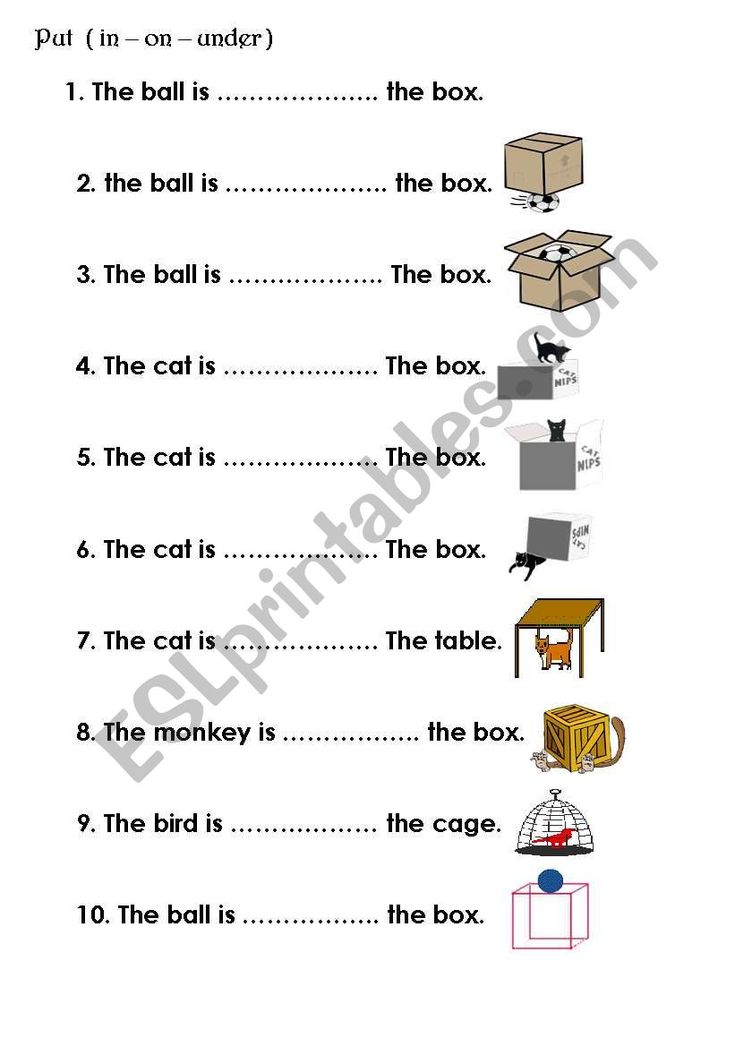 Select attachments.
Select attachments.
(Over) the mountain, (over) b ... reap, (c) return, (c) roofs, (on) envelope, (on) r ... za, (c) l ... tel, (c) house, (c) to ... ran (from) the mountains, (along) b ... sting (along) expensive ... kam, (pro) read (pro) cars, (to) drove (to) b ... cuts, (to) b ... sting (according to) d ... jealousy, (pro) read (pro) city.
2. Replace the dots with appropriate prepositions and prefixes.
... rushed ... the enemy.
... threw ... shoulders.
… was in charge of … the work of … the end.
... put a bucket ... crane.
…cut the lock …door.
… read the story of … the end.
…was walking …in the park.
…driving …stations.
...drawing ... on a piece of paper.
... weaved a ribbon ... a braid.
CARD 15
- Write by opening the brackets. Select attachments.
(C) veta (c) took a little kitten (c) tree.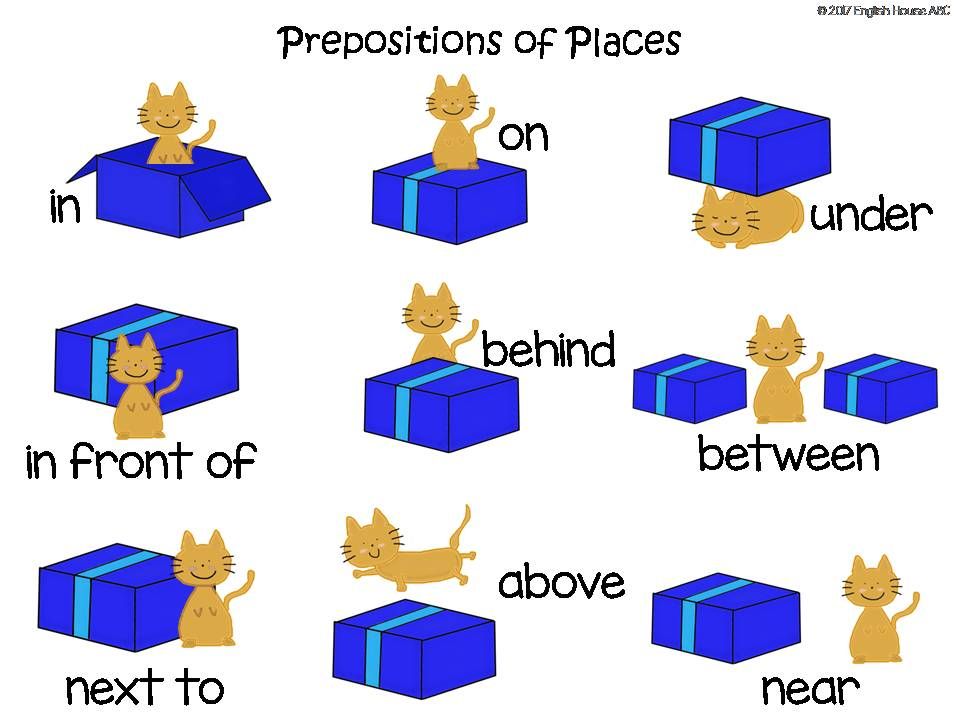 An ant (under) crawled (under) a straw and (raised) picked it up. The parrot (on) walked (on) the pillow, and then (on) flew (on) the room. The puppy (co) drove (co) the benches of sparrows. Lena (on) pasted a picture (on) a notebook.
An ant (under) crawled (under) a straw and (raised) picked it up. The parrot (on) walked (on) the pillow, and then (on) flew (on) the room. The puppy (co) drove (co) the benches of sparrows. Lena (on) pasted a picture (on) a notebook.
2. Make sentences with these phrases and write them down.
(On) explained (for) the dacha, (on) ran (along) the path, (on) write (on) the envelope, (c) wrote (from) the board, (y) run (from) the fox, (with ) hide (in) a hollow, (on) lay (on) a table.
If your child is having difficulty learning, then you need to help him.
I offer you manuals that will greatly help your child improve his reading technique, develop oral and written speech, thinking, attention, memory and improve literacy.
Olga Naumova "I read well, write well" Autumn
Instead of boring cheating - interest and progress!
The motto of this workbook.
The ability to read and write well is the key to successful studies.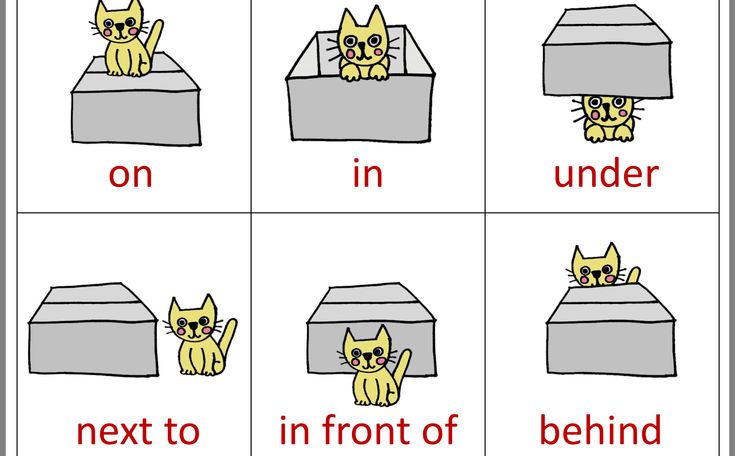
Tasks of the workbook are directed to develop reading skills and error-free writing.
"Cunning" unusual ciphertexts maximum include the child's brain in work, at the same time developing attention ! memory! reading technique! and the ability to write off without errors!
Therefore, we read texts, write them off and complete tasks.
The workbook contains texts of varying complexity with individual tasks.
Who needs this allowance?
• A child who cannot read well;
• A child who makes many mistakes in writing;
• A child with poor attention and poor memory;
• A teacher who wants to diversify lessons and homework;
• A parent who wants to help their child and get an effective tool;
• A tutor who is interested in quick positive results for their student.
How will my child benefit from this benefit?
• Improvement reading technique ;
• Development of reading comprehension ;
• Increasing the level of spelling vigilance ;
• Development attention ;
• Memory improvement ;
• Development of the skill of competent copying of texts;
• Vocabulary increase;
• Development of self-control skills;
• Increasing the level of interest in learning.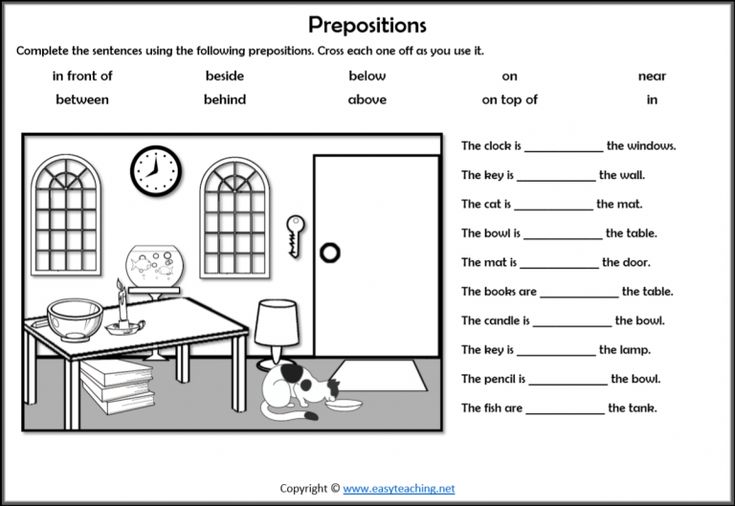
The recommended working method is detailed inside the manual.
PDF workbook, 72 pages.
Recommended age 7+
Suitable for individual and group work.
Download
Olga Naumova "I read well, I write well" Winter
0015
Download
O. Naumova TRAINING Speed reading and speech development
This TRAINING is useful for every child. It perfectly develops the child's brain!
Convenient and effective training for speed reading and speech development.
- 100 ready-made texts for developing speed reading skills.
- Guaranteed result after passing.
- The best tricks.
- Suitable for both individual and class work.
- Interesting texts written by masters of the word.
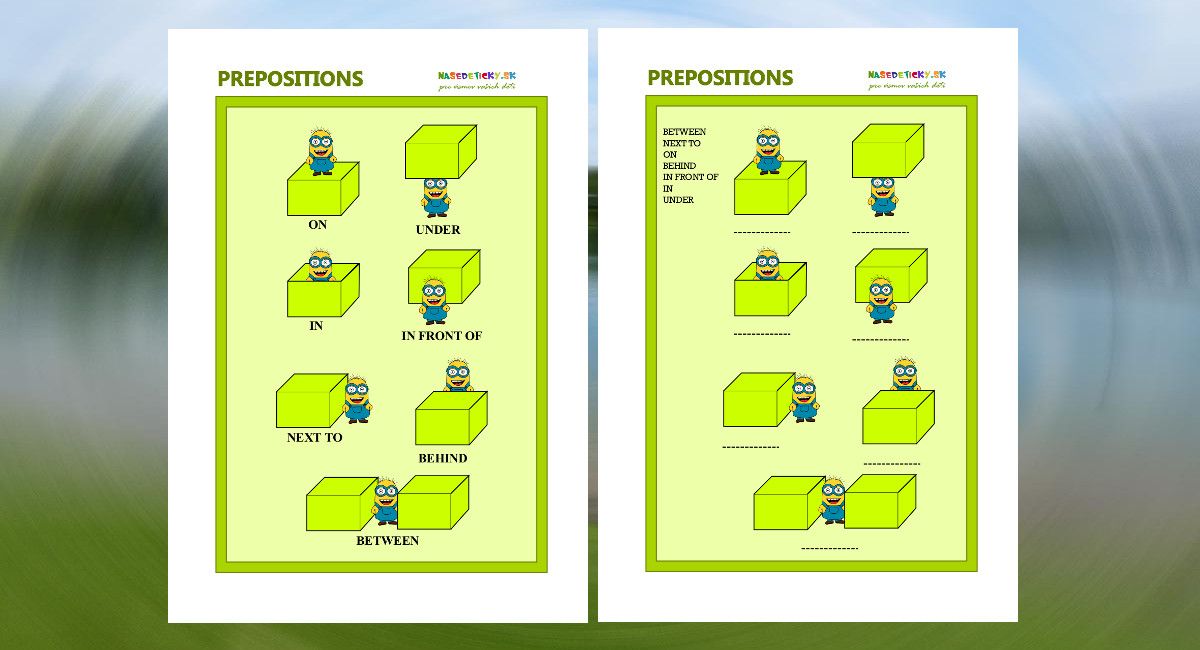
- Easy to print.
- Each page contains a separate task text.
- 180 pages of valuable exercises.
- The most effective tricks.
- 80 pages of additional, most effective exercises for developing speech, speed reading and attention skills.
After completing the training, your child will receive:
- Increased reading speed and quality by 2-3 times;
- Speech development;
- Increased speed of thinking;
- Acquisition of conscious reading skills;
- Development of attention;
- Improvement in academic performance.
The training can be successfully used by parents, tutors, teachers.
Self-training lessons at home with your child allow you to fully replace classes with a tutor!
Download
20 Slot tables as a gift
Training notebook “I can compose” 9000 9000
Read more exercises.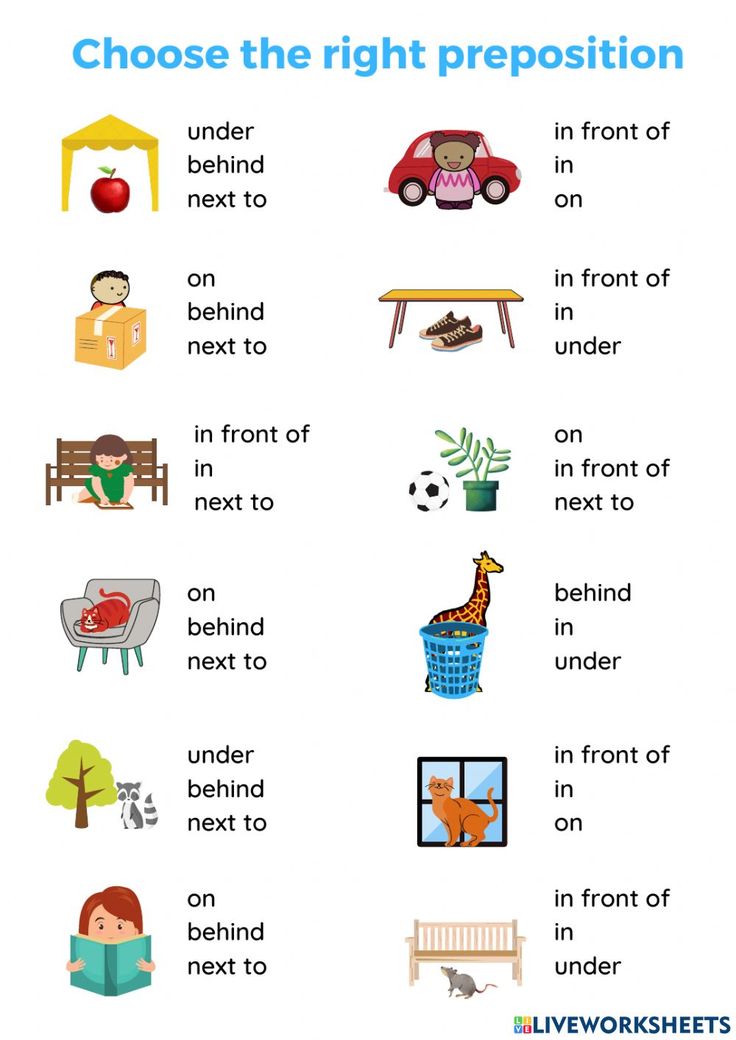
NEURO TRAINING will allow you to productively work out the most common and difficult spelling in the Russian language - unstressed vowels in the root of the word, checked by stress.
What will the TRAINING give:
- increase in the level of literacy;
- development of attention;
- activation of the brain;
- ability to apply acquired knowledge in practice;
- increase in the speed of information processing;
- speech development;
- memory development;
- improvement in school performance, etc.
Who needs this TRAINING?
- To a child who makes mistakes in writing;
- Parents who want to understand the topic and help their child;
- A teacher who uses non-standard and effective teaching methods;
- A tutor who wants to increase the effectiveness of their classes many times over.
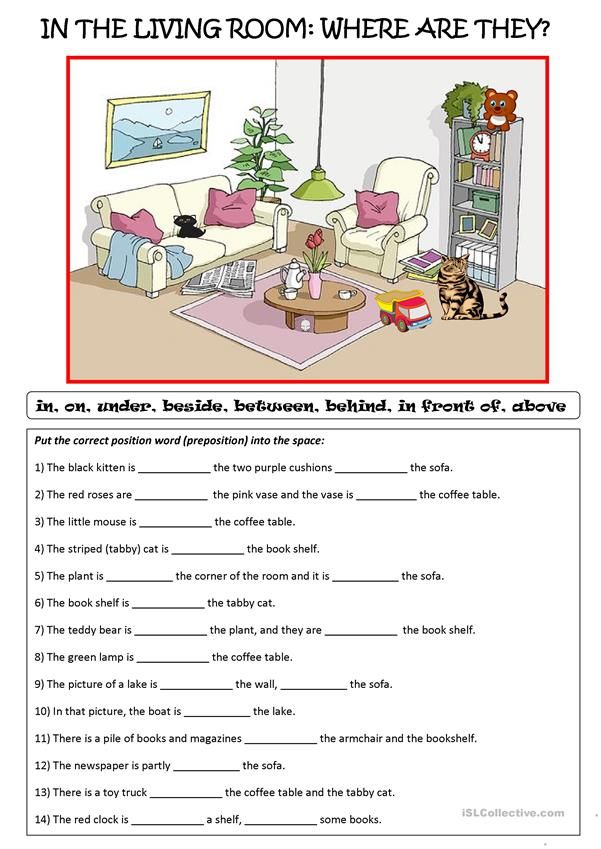
What you will find in TRAINING:
- A well-thought-out and proven system of exercises;
- 200 pages of scores;
- 9 levels of neuroexercises difficulty;
- Non-standard and most effective tasks on the main topic;
- Exercises for the development of speech;
- Additional tasks for exercises to develop knowledge of parts of speech, word composition, division into syllables, the ability to compose sentences, etc.
0033 SUITABLE FOR INDIVIDUAL AND GROUP WORK. Download Simulator exercises are a real elixir for any brain! During classes, there is an effective development of thinking, interhemispheric connections, attention, memory. In the simulator you will find: Regular exercise will: Who needs this machine? i.e. exercises will be useful for both children (4+) and adults! Download Sincerely, Olga Naumova Thank you for sharing this article on social networks! Open lesson in Russian in the 3rd grade on the topic "Spelling of prepositions and prefixes" Objectives. 3. Raising interest in the subject of the Russian language Course of the lesson I. Reporting the topic and purpose of the lesson Guys, let's welcome our guest 1. Emotional mood for the lesson (AMO) -What is your mood? -Let's create a good mood in our lesson. - Imagine that you are inflating a balloon: slowly inhale through your nose, inflate your cheeks, exhale. -Now imagine and act like you are tying a balloon. Tie tightly. -Now give your balloon to each other. We will now start lesson 3. Calligraphy (Writing the letter Oo with an upper and lower connection, on the second line from-oto-by-about-so-podo) -Look carefully at the second line. What is written? (prepositions and prefixes). -So prefixes or prepositions? Who can argue with....? (inclusion of students in the active perception of the speech of classmates). - Where is the prefix? Where is the suggestion? Who would help us UNDERSTAND!!! 4. Statement of the topic of the lesson: -What goals do we set for ourselves, what will we learn in the lesson? (children's answers) - If there are the same prepositions and prefixes, how to distinguish between them? Let's figure it out. Our task in the lesson is to learn to distinguish between when you need to write a preposition, and when a word is used with a prefix. 5. Making notebooks III. Work on the topic of the lesson. 1. Vocabulary and orthographic work. (before) rode (before) of the village (PO) ran (along) the road (PRO) read the (under) CARA (at) shouted (at) a dog - Carefully read the written phrases. 1) Can be divided into dictionary and non-dictionary words. 2) On verbs and nouns. 3) Words with prefixes and words with prepositions. Conversation on the questions: - Look again carefully at the words written on the board. Name words with prefixes. – What is a prefix and what does it serve? (A prefix is the part of a word that comes before the root and serves to form new words.) - How do you spell the prefix with the root? (The prefix with the root in the letter is not divided, it is written together.) - How to find a prefix in a word? Justify your answer. (It is necessary to choose a single-root word without a prefix or with another prefix: - rode, arrived; ran - ran, ran, etc.) - Read the words with prepositions in the phrases. (To the village, on the road, about the factory, under the car, on the dog.) – What is an excuse? What does it serve? (A preposition is a word that serves to connect words in a sentence. - How do you write a preposition with other words? (A preposition with other words is written separately.) - Try to insert a question or another word between the preposition and the word that follows it. (To (what?) the village, to our village Along the (what?) road, along the narrow road About (what?) the factory, about the tractor factory, etc.) - What needs to be done so as not to make a mistake in writing a preposition? (It is necessary to put a question or another word between the preposition and the word.) - Guys, look carefully at the phrases. What other spellings are "hidden" in words with prefixes? (unstressed vowel in prefix and root) -And how to write such words without mistakes, what do you need to know for this? (if an unstressed vowel is in a prefix, you need to remember how the prefix is \u200b\u200bwritten, and if in the root, then pick up a single root with a stressed vowel). -Write out word combinations by opening brackets and inserting missing letters. -Underline the preposition and highlight the prefix. (Mutual check on the slide) 2. Work according to the textbook p.145 -Open the textbooks on p.145. - Read the topic of the lesson, information. -Who will remind you what we will learn at the lesson today? (we will learn to distinguish between prepositions and prefixes). 3. Ex. 341 (compose simple non-common sentences) 1. The guys merrily rolled down the hill. 2. The girls ran along the narrow path. 3. All the guests have already entered the palace. VI. Fizminutka Earth, air, fire and water method The goal is to increase the energy level in the classroom. The number is the whole class. Time - 8-10 minutes Conduct: The teacher asks the students, on his command, to depict one of the states - air, earth, fire and water. Air. Students begin to breathe deeper than usual. They stand up and take a deep breath and then exhale. Earth. Now the students should make contact with the ground, "ground" and feel confident. The teacher, together with the students, begins to put a lot of pressure on the floor, standing in one place, you can stomp your feet and even jump up a couple of times. You can rub your feet on the floor, spin in place. Fire. Students actively move their arms, legs, body, depicting flames. Master invites everyone to feel the energy and warmth in their body as they move in this way. Water. This part of the exercise contrasts with the previous one. Students simply imagine that the room is turning into a pool, and make soft, free movements in the "water", making sure that the joints move - hands, elbows, shoulders, hips, knees. V. Continuation of work on the topic of the lesson. 1. Work in pairs. -You have papers with tasks on your tables. Get the job done. Verification (slide) 2. -Choose a task that you can handle. Level 1 -Underline the prepositions. Select attachments. Level 2. Find words with prefixes and highlight them. Underline the main terms. A helicopter landed on the clearing. He delivered cargo for geologists. Geologists are looking for oil in the taiga. Level 3. - Insert prepositions and write down the sentences. Sparrow clogged ... the roof. Vase made of ... glass. The car drove up to … the house. Elk hid behind a tree. The rooks were walking around… the field. Checking assignments and conclusions. 3. Work in groups. (each group has the same tasks) The foxes of the rabbit (for) the oven decided, _____________________________________________ And the rabbit jumped out of the oven (for) the oven. __________________________________________ Dependent on soap, _____________________________________________________ 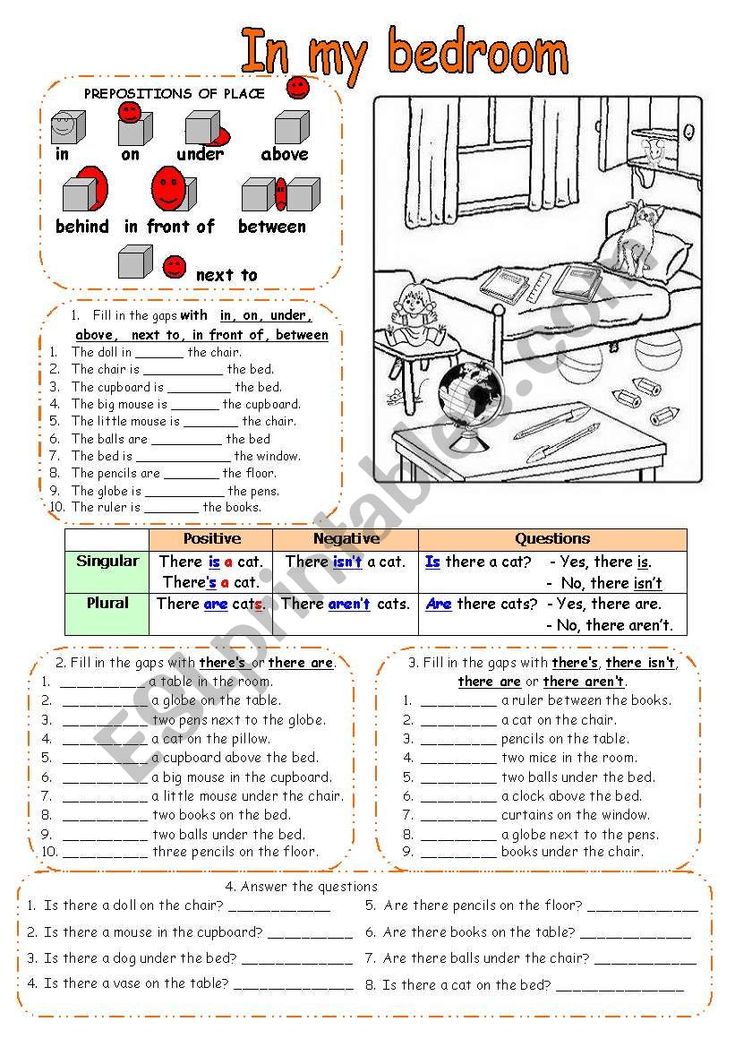
Olga Naumova NEUROALPHABIT

Regular classes will give a visible result very quickly!
Also visit
Bookshop for useful books!
Russian language lesson in 3rd grade "Spelling of prepositions and prefixes" | Lesson plan (Russian, Grade 3) on the topic:
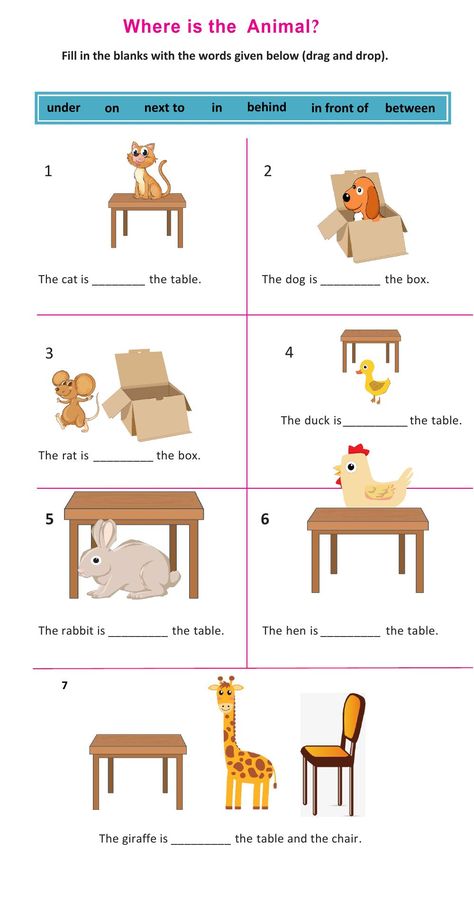
With these lines.
Look at the lines,
What did you notice, tell me? 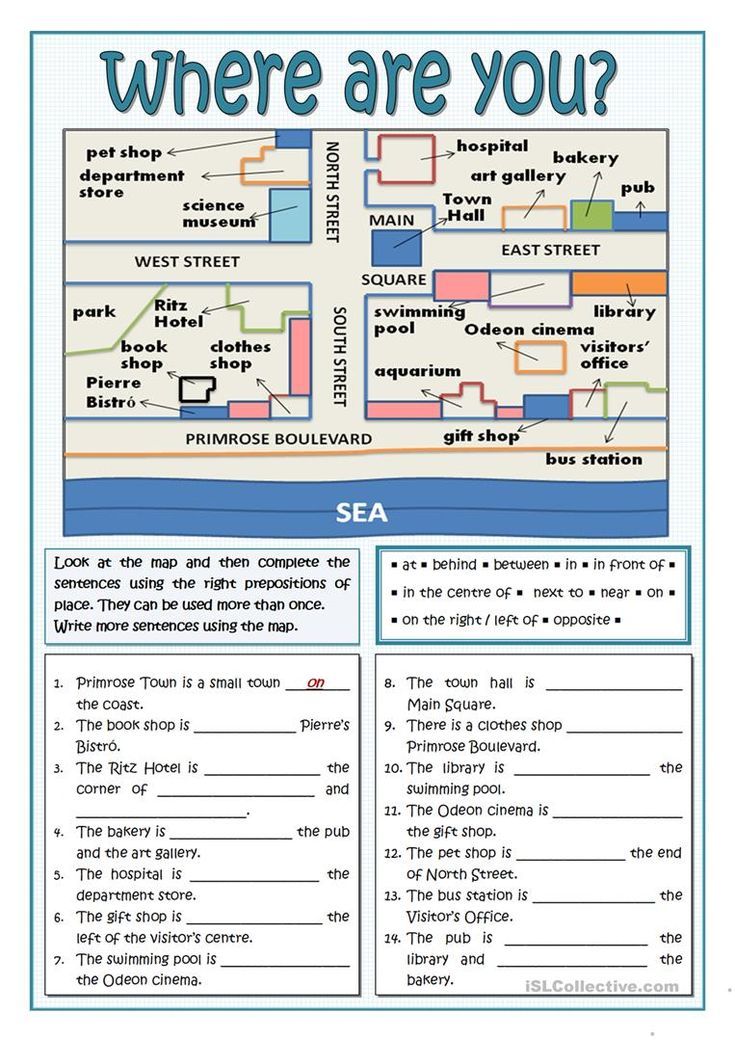
– Opening notebooks. We observe the slope of notebooks and the rules of landing when writing. Write down: January nineteenth. Great work and calligraphy.
phrases are recorded on the board: (slide) 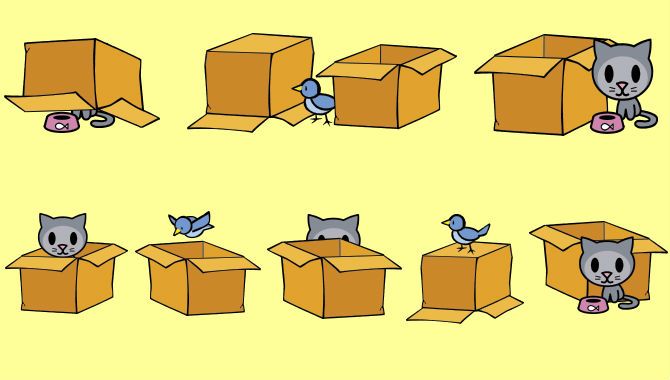 What two groups can the words in them be divided into?
What two groups can the words in them be divided into? 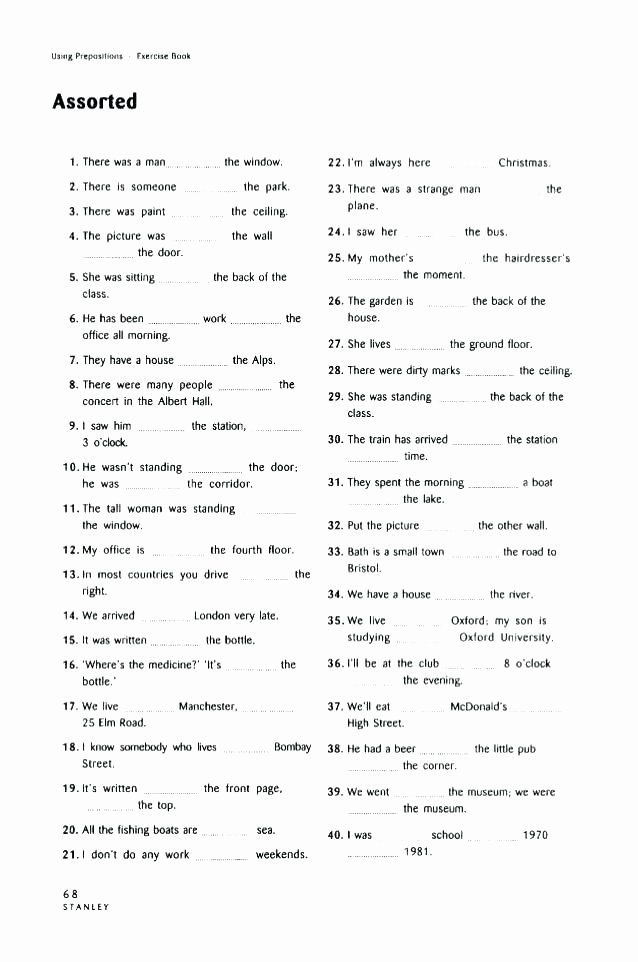 )
) 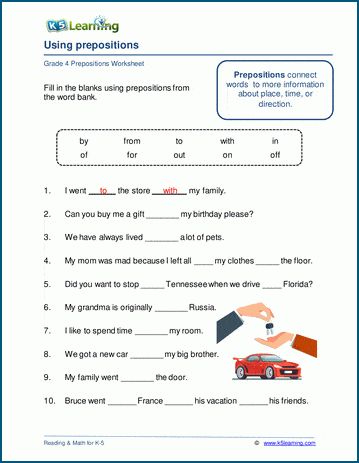
 Everyone imagines that his body, like a big sponge, greedily absorbs oxygen from the air.
Everyone imagines that his body, like a big sponge, greedily absorbs oxygen from the air. 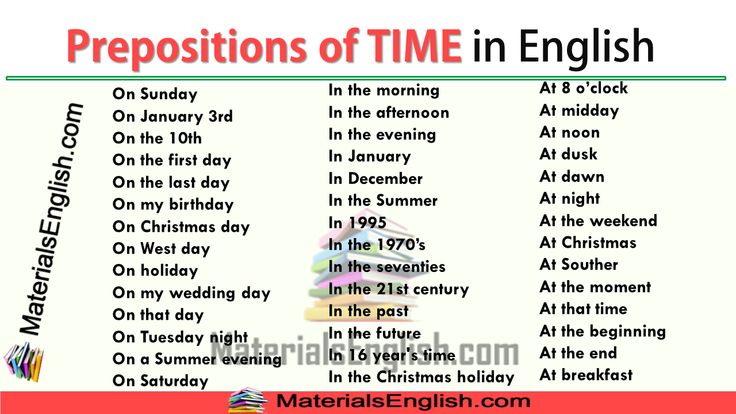 Differentiated work.
Differentiated work.
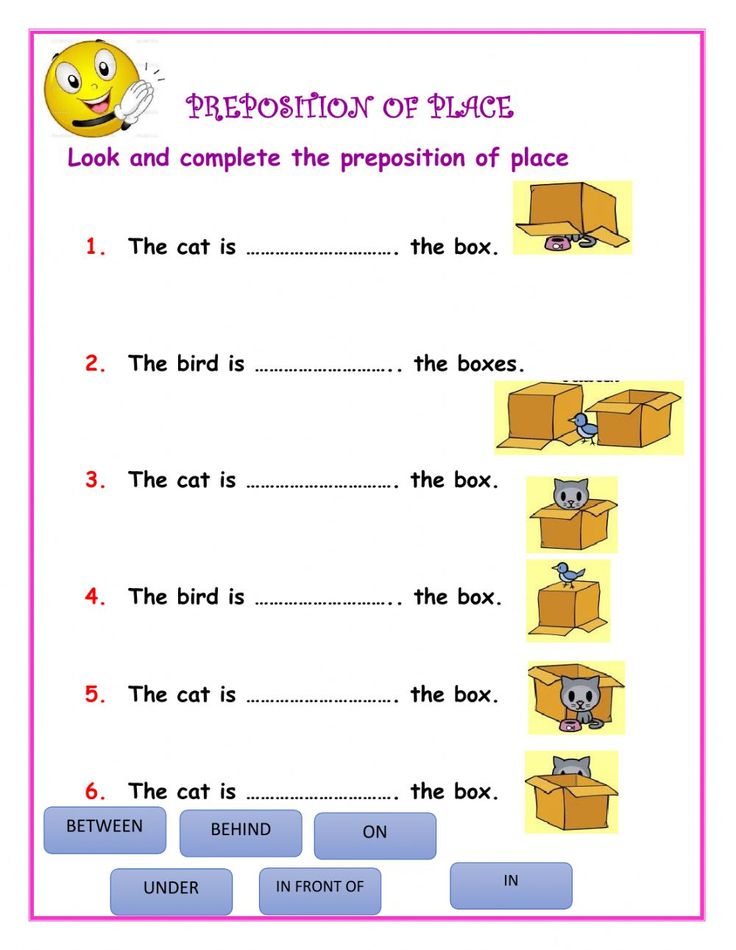
Check jobs. Summarizing. (slide)
VI. Lesson summary:
Compiling a cluster.
There are supports on the board:
- Part of the word
- Separate word
- separately
- is Assigned
- To communicate the words
- for the formation of new words
, indicate the supports and the preposition.
| wrote | on board |
| 1. Prexim | 1. Excuse |
| 2. Part of the word | 2. |
| 4. to form new words | 4. to connect words in a sentence |
- What task are you interested in?
VII.Reflection.
Pick up the faces that are on your tables.
- Now let's finish the nose:
! - if you understand the topic well and cope with the task yourself,
? - if you do not understand the topic very well and you have questions.
Now let's finish the mouth:
- I liked the lesson and you are happy with your work,
- you didn't like the lesson, I'm not very happy with my work.
What made it difficult in the new topic?
-Today I saw a spark of curiosity in your eyes. I want to wish you that this light does not fade away, and that the discoveries that you make day after day would help you overcome all the difficulties of study.
VIII. Homework: find the origin of the word “gloves” in a dictionary or the Internet, ex.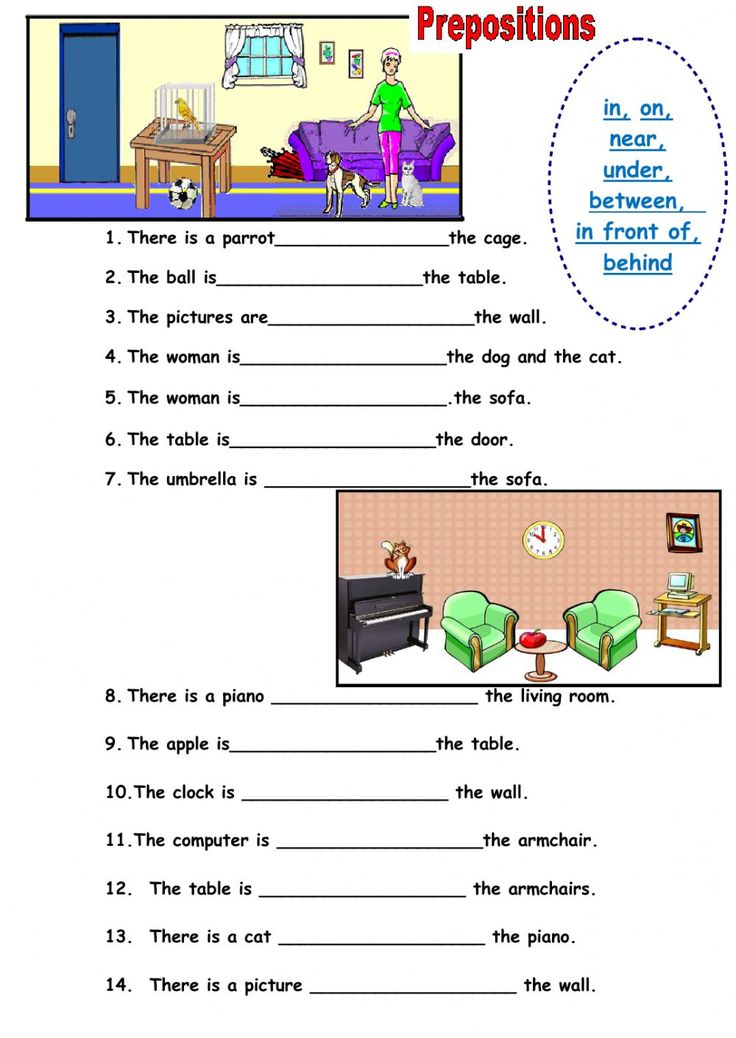

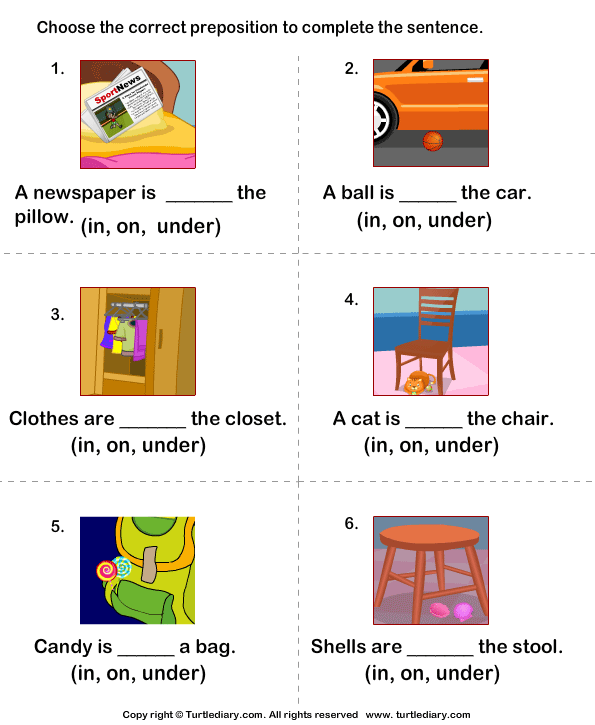 Separate word
Separate word 
